There will be no 2017 Farafina Creative Writing Workshop. In an email to Brittle Paper, Chimamanda Adichie, who is Creative Director at the workshop, stated that “our sponsor, Nigerian Breweries PLC (NB PLC), abruptly withdrew their sponsorship due to a need to streamline their expenditure.”
First held in 2008, the cancelled 2017 event would have been its tenth year. “NB PLC has had a half-decade relationship with the workshop,” she states, “and I thank them for encouraging the development of literary talent in Nigeria and Africa.”
Since April, there had been speculation as to whether the event would hold given that there had so far been no call for applications. The development, though, is a temporary setback.
My commitment to the growth of our voices has not wavered. Nor has the commitment of those who have worked to make this decade-long endeavour the success that it has been. We will take this time off to establish a new organisation and structure that will provide a more stable foundation for the workshop and other initiatives.
From the initial reaction of potential sponsors and partners, we are optimistic about the future. My thanks and best wishes to all those who have made enquiries about applying for this year’s workshop. The workshop will be back next year.
An offshoot of Adichie’s one-time definition of herself as a “hopelessly sentimental Pan-Africanist,” the Farafina Workshop is the highest-profile creative writing workshop on the continent. It annually brings together a group of twenty to twenty-four writers selected from applications from all over the continent, but mostly from Nigeria. For ten days, these writers are lodged in a hotel in Lagos and guided in fine-tuning their writing. Alongside Adichie, sessions are facilitated by Binyavanga Wainaina and Aslak Myhre, the National Librarian of Norway. Other facilitators have, in different years, included Tin House editor Robert Spillman, NLNG Prize for Literature winner Chika Unigwe, mystery novelist Jeffrey Allen, the memoirist Faith Adiele, and Eghosa Imasuen, author of Fine Boys. The workshop usually closes with the Farafina Literary Evening, open to the general public.
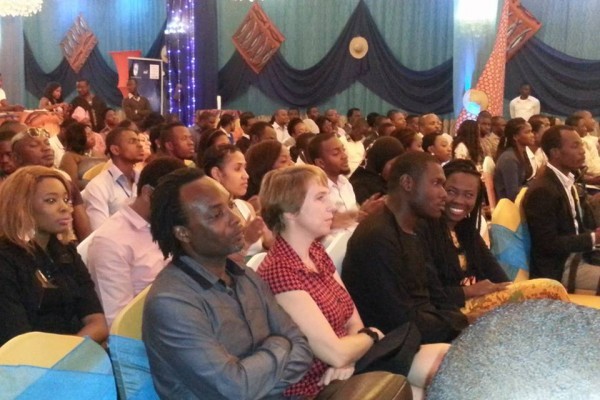
But this is the most important part: Alumni of Farafina Workshop have also gone on to acclaim: Tolu Ogunlesi won the Arts and Culture Prize in the 2009 CNN Multichoice African Journalism Awards, and then their Business and Economics Prize in 2013; Adeleke Adeyemi won the 2011 NLNG Nigeria Prize for Literature for his children’s book, The Missing Clock, under his pen name Mai Nasara; Jekwu Anyaegbuna won the 2012 Commonwealth Short Story Prize for Africa Region for “Morrison Okoli (1955-2010)” and made the shortlist for the 2016 Miles Morland Writing Scholarship; Elnathan John has twice made the Caine Prize shortlist, in 2013 for “Bayan Layi” and in 2015 for “Flying,” and then the 2016 NLNG Prize shortlist; Uche Okonkwo won the inaugural 2013 Etisalat Flash Fiction Prize; Onyinye Ihezukwu won the $10,000 2014 Heinfield Prize; Pemi Aguda won the 2015 Writivism Prize; Oris Aigbokhaevbolo won the 2015 AFRIMA Music Entertainment Journalist of the Year; Pwaangulongii Dauod had a viral nonfiction published in Granta in 2016, after which he got an agent; Nneoma Ike-Njoku won a 2016 Miles Morland Writing Scholarship.
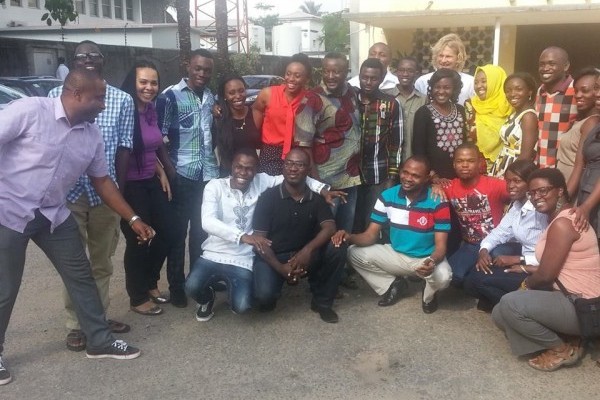
In 2017 alone, five alumni have snagged, or had a run at, major prizes: Ayobami Adebayo became the second Nigerian and fourth African to be shortlisted for the Baileys Prize for her debut novel Stay With Me; Jowhor Ile became the first Nigerian to win the Etisalat Prize for Literature for his debut novel And After Many Days; Akwaeke Emezi, who got an agent shortly after attending the workshop in 2015, won the Commonwealth Short Story Prize for Africa Region for “Who Is Like God”; Kelechi Njoku, who won the Writivism Prize for West Africa Region in 2014, was shortlisted for the Commonwealth Short Story Prize for Africa Region; and Arinze Ifeakandu, who in 2015 won an Emerging Writer Fellowship from A Public Space magazine and was a finalist for the BN Poetry Award, was shortlisted for the Caine Prize for “God’s Children Are Little Broken Things.”
It is an irony then that the workshop will not be held in a year that has so far been dominated by its alumni. It is truly sad. But Adichie and Binyavanga should take solace in this trend: their work is yielding fruit at a blistering pace. We look forward to seeing the workshop return in 2018.
We’ve published memoirs from the workshop in previous years, by Akwaeke Emezi and Eloghosa Osunde in 2015, and Nnamdi Anyadu in 2016.



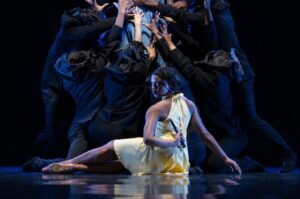


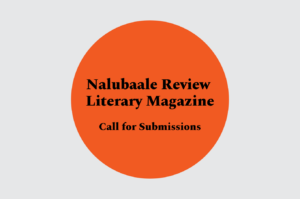
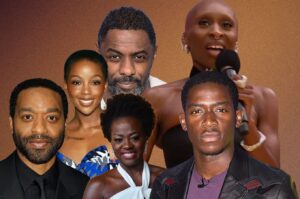


RityjitE December 27, 2017 00:09
Encuentro que no sois derecho. Soy seguro. Puedo demostrarlo. Escriban en PM, se comunicaremos. http://issper.com/forum/viewtopic.php?f=21&t=983